Marriage allowance: are you missing out on £252 a year?
Married couples and civil partners could save up to £252 a year in tax by claiming the allowance - and receive a backdated lump-sum payment worth more than £1,000


Get the latest financial news, insights and expert analysis from our award-winning MoneyWeek team, to help you understand what really matters when it comes to your finances.
You are now subscribed
Your newsletter sign-up was successful
Want to add more newsletters?

Twice daily
MoneyWeek
Get the latest financial news, insights and expert analysis from our award-winning MoneyWeek team, to help you understand what really matters when it comes to your finances.

Four times a week
Look After My Bills
Sign up to our free money-saving newsletter, filled with the latest news and expert advice to help you find the best tips and deals for managing your bills. Start saving today!
Married couples and civil partners are being urged to make use of a tax break that could save them up to £252 a year.
More than 2.1 million couples currently benefit from the marriage allowance, a tax break that allows husbands, wives and civil partners to transfer part of their tax-free personal allowance to their higher-earning partner.
However, HMRC estimates that 4.2 million couples stand to gain from the tax break, meaning more than two million couples could be missing out.
MoneyWeek
Subscribe to MoneyWeek today and get your first six magazine issues absolutely FREE

Sign up to Money Morning
Don't miss the latest investment and personal finances news, market analysis, plus money-saving tips with our free twice-daily newsletter
Don't miss the latest investment and personal finances news, market analysis, plus money-saving tips with our free twice-daily newsletter
In addition to this year’s allowance, couples can backdate their claim by up to four tax years - to include any tax year since 6 April 2021 - meaning they could save an extra £1,008 for those years.
So, if you claim for this tax year and backdate by four years, you'll get up to £1,260.
HMRC says many people are unaware they are eligible for the tax perk, particularly couples where one partner has retired, has given up work to take on caring responsibilities, is doing a part-time or low-paid job, or is unable to work due to a long-term health condition.
According to HMRC, about two-thirds of people in their sixties are married or in civil partnerships, and many couples in this age group may not realise they can claim the marriage allowance if they have retired and their partner is still working.
“We want every eligible couple to benefit from marriage allowance tax relief,” says Angela MacDonald, HMRC’s deputy chief executive. “Couples whose circumstances have changed – perhaps one of them has stopped working or taken a lower-paid job – may not realise they are entitled to claim.”
Newly-married couples or those who have become civil partners recently may also not be aware that they could potentially qualify for the tax break.
HMRC says its online marriage allowance calculator will tell someone if they qualify for the allowance in just 30 seconds.
What is the marriage allowance?
The marriage allowance applies to couples where one partner does not pay income tax - or their income is below the £12,570 personal allowance - and the other partner pays basic-rate income tax.
This means the higher earner's income must be between £12,571 and £50,270 (£43,662 in Scotland).
This tax break is not available for those who are higher-rate or additional-rate taxpayers.
The couple must be married or in a civil partnership. Cohabiting does not count.
The marriage allowance works by transferring up to £1,260 (10%) of the lower-earning partner’s personal allowance to their spouse or civil partner who earns more. New tax codes are issued reflecting this.
It doesn’t matter if you are currently receiving a pension, or you live abroad - as long as you get a tax-free personal allowance, you can apply.
Both partners must have been born on or after 6 April 1935. If not, you can apply for the married couple’s allowance instead, which is worth between £436 and £1,127 for the 2025/26 tax year.
How much can I save?
The marriage allowance for the 2025/26 tax year is worth up to £252 a year. The exact amount depends on how much both partners earn. You can check how much you could save by using the government’s marriage allowance calculator.
When part of the personal allowance is transferred, one person may have to pay more tax while the other pays less tax - but the couple will still pay less tax overall.
If you're eligible and apply successfully, you'll automatically get the tax break each year in future, so you don’t need to keep reapplying.
The government will also check to see if you’re owed tax relief for previous years, going back to 6 April 2021 (the 2021/2022 tax year). The maximum amounts for each year are:
- 2024/25 - £252
- 2023/24- £252
- 2022/23 – £252
- 2021/22 – £252
So, if you receive the maximum amount for the past four years, you'll receive a lump-sum payment worth £1,008.
Added together with the £252 tax bill saving for the current tax year and couples could save up to a total of £1,260.
How do I apply?
It’s quick and easy to apply. The non-taxpayer needs to apply, which can be done on the HMRC website. You’ll get an email confirming your application within 24 hours, and a new tax code within a few days if the application is successful.
If there's a problem doing the online application, you can apply via self-assessment (if you’re already registered and send tax returns) or by writing to HMRC. You can also call 0300 200 3300 with any questions.
Make sure you apply for the marriage allowance on the official site, and don’t be tempted to use a third party. Beware searching for “marriage allowance” online, as some firms may charge you for applying.
The fees can be as high as 48% of the value of the tax relief, meaning you could lose almost half of the tax benefit.
Remember that it is free to apply on the government site.
“By applying on gov.uk, rather than through a third party, you get to keep 100% of the tax relief due,” notes MacDonald.
Also watch out for scams. If you’re unsure about a text claiming to be from HMRC forward it to 60599, or if it's an email, send it on to phishing@hmrc.gov.uk.
If your circumstances change and you’re no longer entitled to marriage allowance, you can cancel online or by calling HMRC.
Watch out for an unexpected tax bill if you receive the full state pension and your income exceeds your shrunken personal allowance (as a result of the marriage allowance). Find out more in Pensioners face “marriage allowance mayhem” due to rising state pension.
Get the latest financial news, insights and expert analysis from our award-winning MoneyWeek team, to help you understand what really matters when it comes to your finances.

Ruth is an award-winning financial journalist with more than 15 years' experience of working on national newspapers, websites and specialist magazines.
She is passionate about helping people feel more confident about their finances. She was previously editor of Times Money Mentor, and prior to that was deputy Money editor at The Sunday Times.
A multi-award winning journalist, Ruth started her career on a pensions magazine at the FT Group, and has also worked at Money Observer and Money Advice Service.
Outside of work, she is a mum to two young children, while also serving as a magistrate and an NHS volunteer.
-
 Should you buy an active ETF?
Should you buy an active ETF?ETFs are often mischaracterised as passive products, but they can be a convenient way to add active management to your portfolio
-
 Power up your pension before 5 April – easy ways to save before the tax year end
Power up your pension before 5 April – easy ways to save before the tax year endWith the end of the tax year looming, pension savers currently have a window to review and maximise what’s going into their retirement funds – we look at how
-
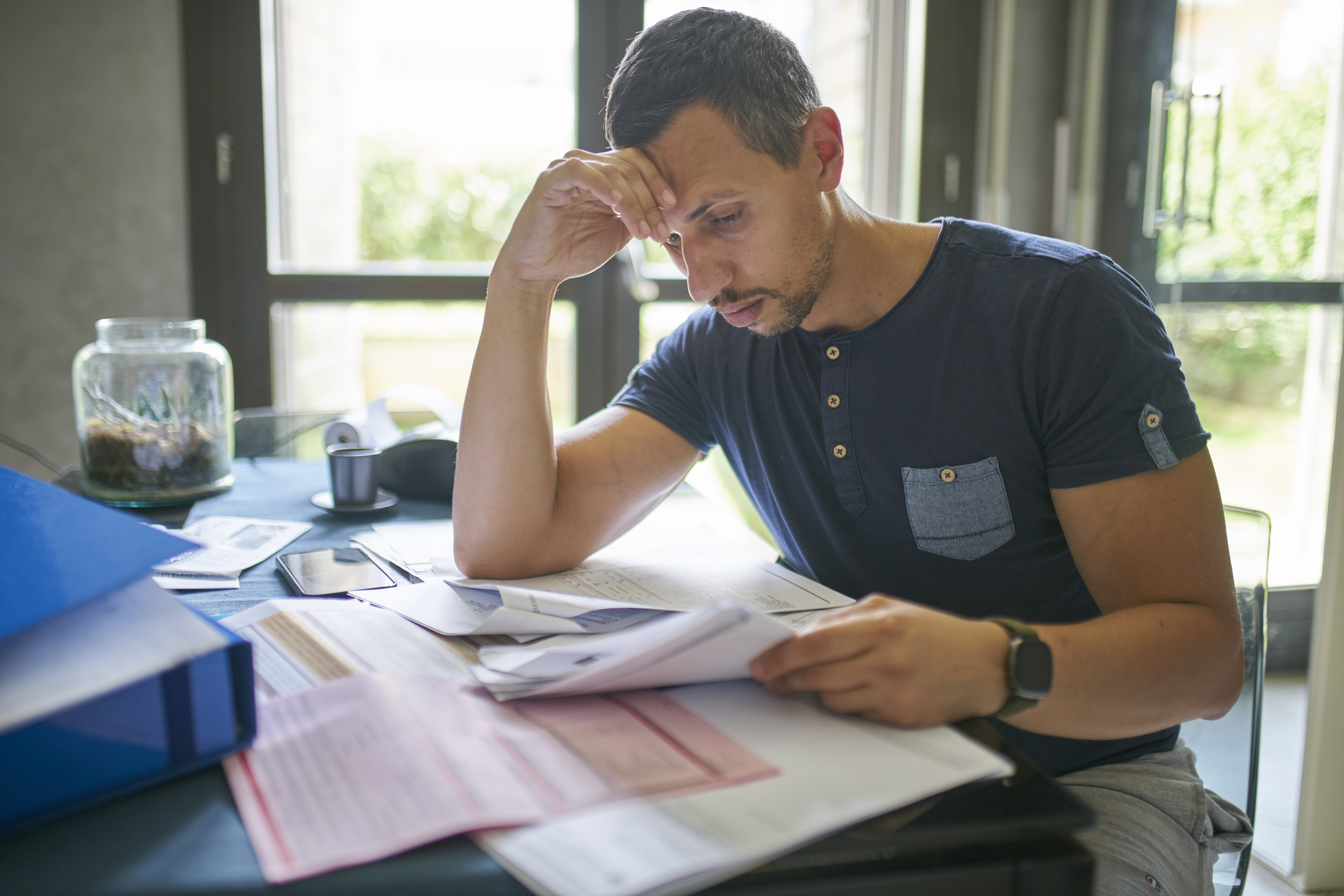 Two million taxpayers to be hit by £100k tax trap by 2026/27
Two million taxpayers to be hit by £100k tax trap by 2026/27Frozen thresholds mean more people than ever are set to pay an effective income tax rate of 60% as their earnings increase beyond £100,000. We look at why, as well as how you can avoid being caught in the trap.
-
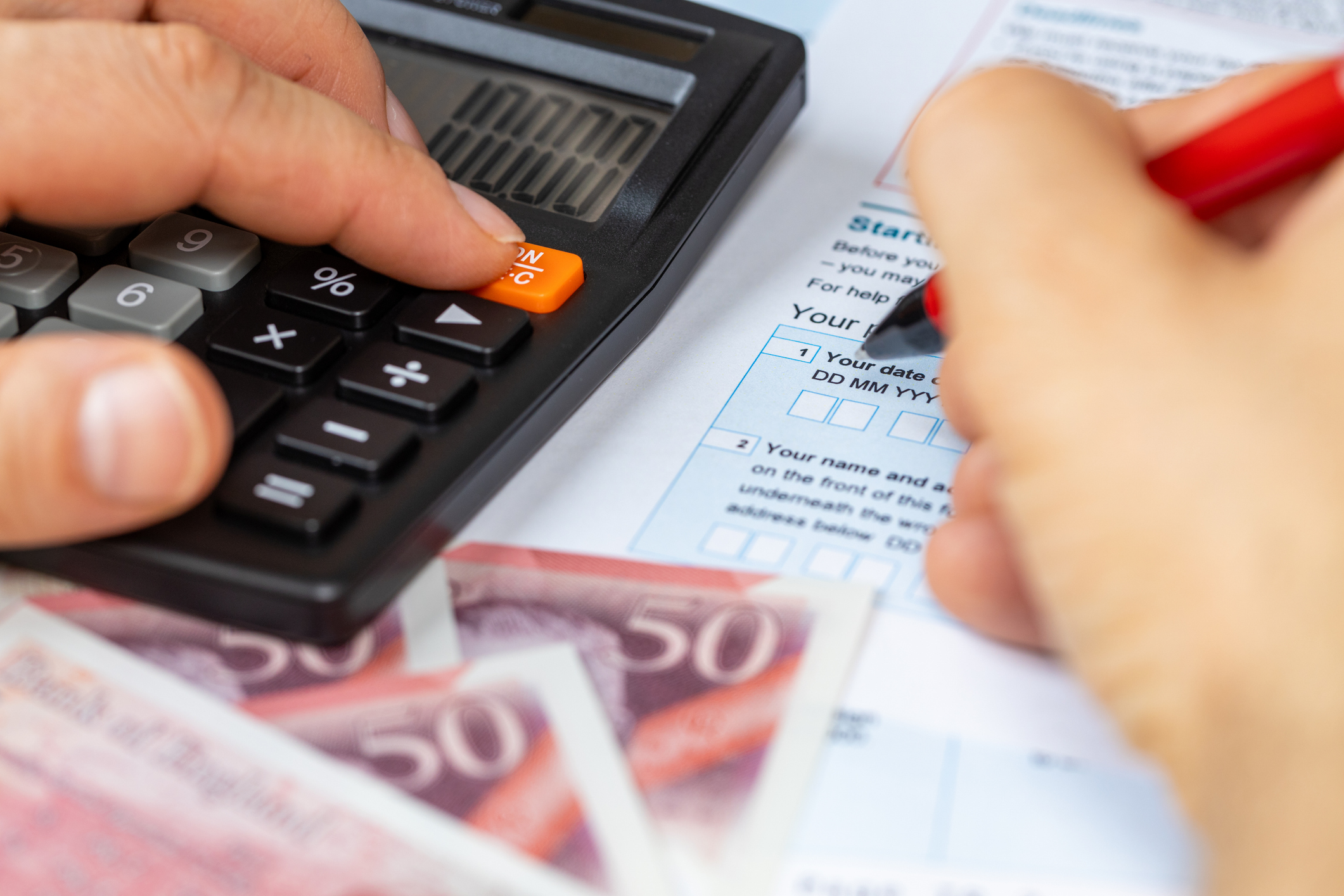 13 tax changes in 2026 – which taxes are going up?
13 tax changes in 2026 – which taxes are going up?As 2026 gets underway, we look at what lies ahead in terms of changes to tax rates and allowances this year and how it will affect you.
-
 How to limit how much of your Christmas bonus goes to the taxman
How to limit how much of your Christmas bonus goes to the taxmanIt's Christmas bonus season but the boosted pay packet may mean much of your hard-earned reward ends up with HMRC instead of in your pocket
-
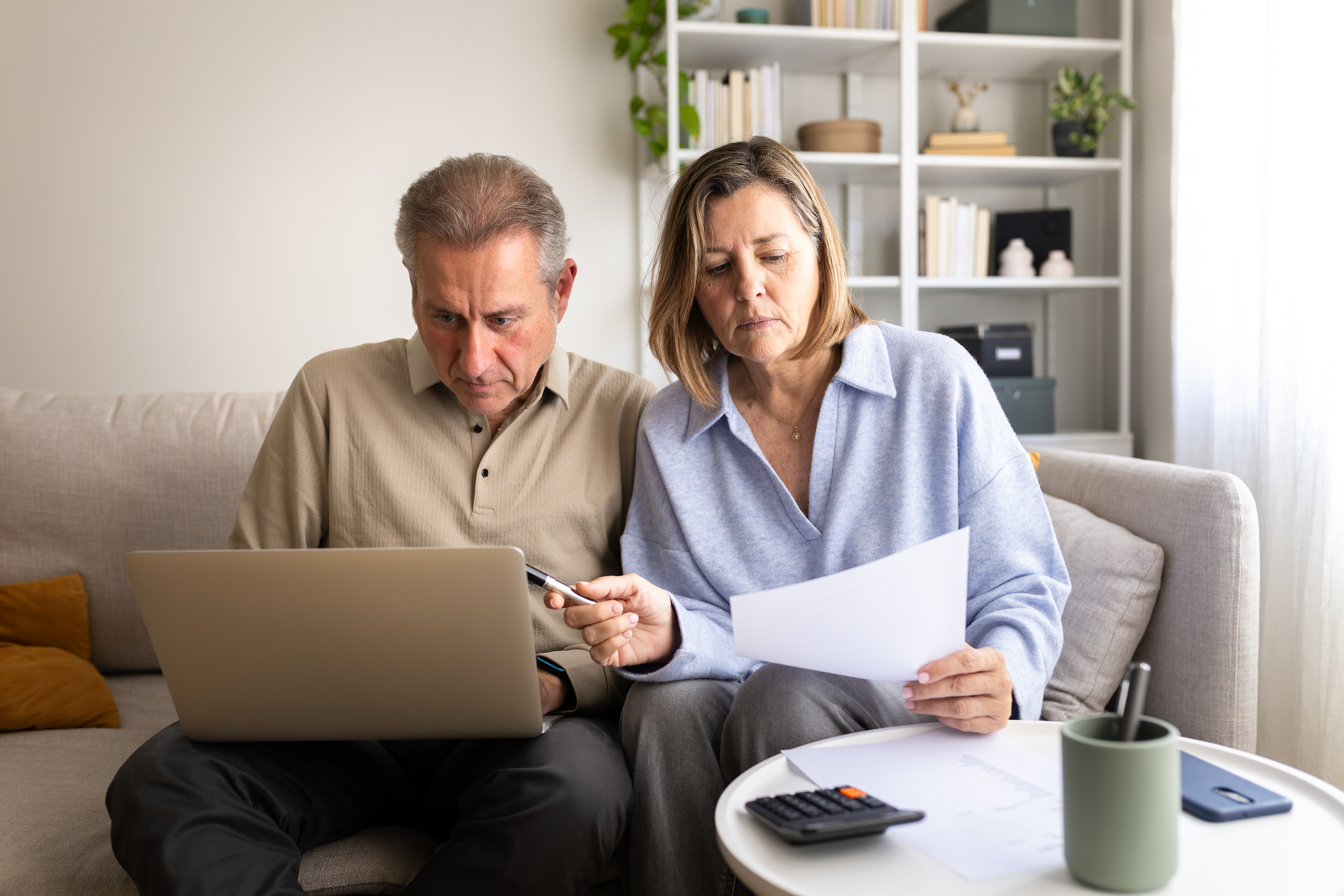 Over 1 million pay 45% rate of income tax as fiscal drag bites
Over 1 million pay 45% rate of income tax as fiscal drag bitesHundreds of thousands more people are being pushed into the additional rate tax band by fiscal drag
-
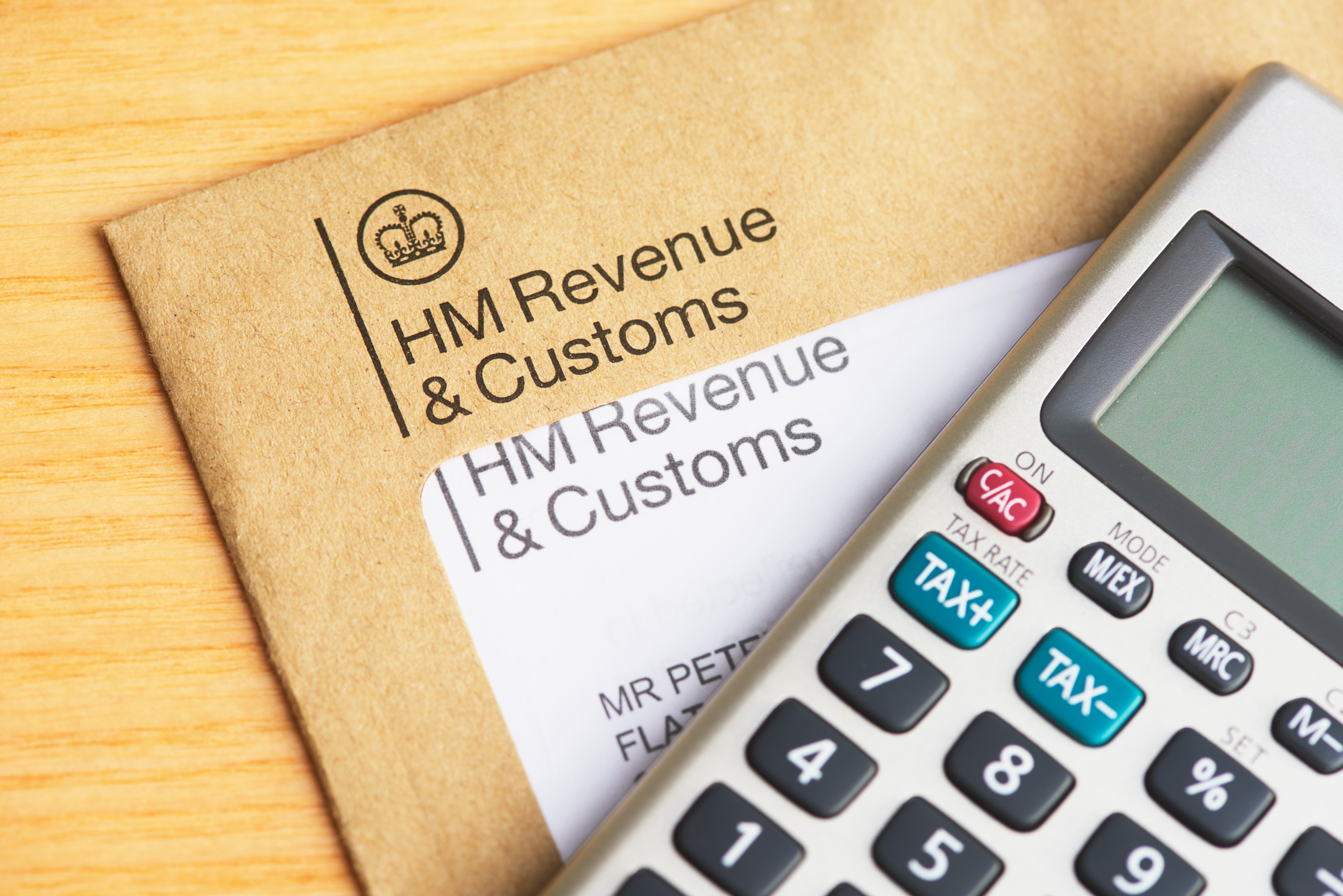 'I've used my annual ISA allowance. How can I shield my savings from tax?'
'I've used my annual ISA allowance. How can I shield my savings from tax?'As millions face paying tax on savings interest, we explore how to protect your money from the taxman. If you've used up your ISA allowance, we look at the other tax-efficient options.
-
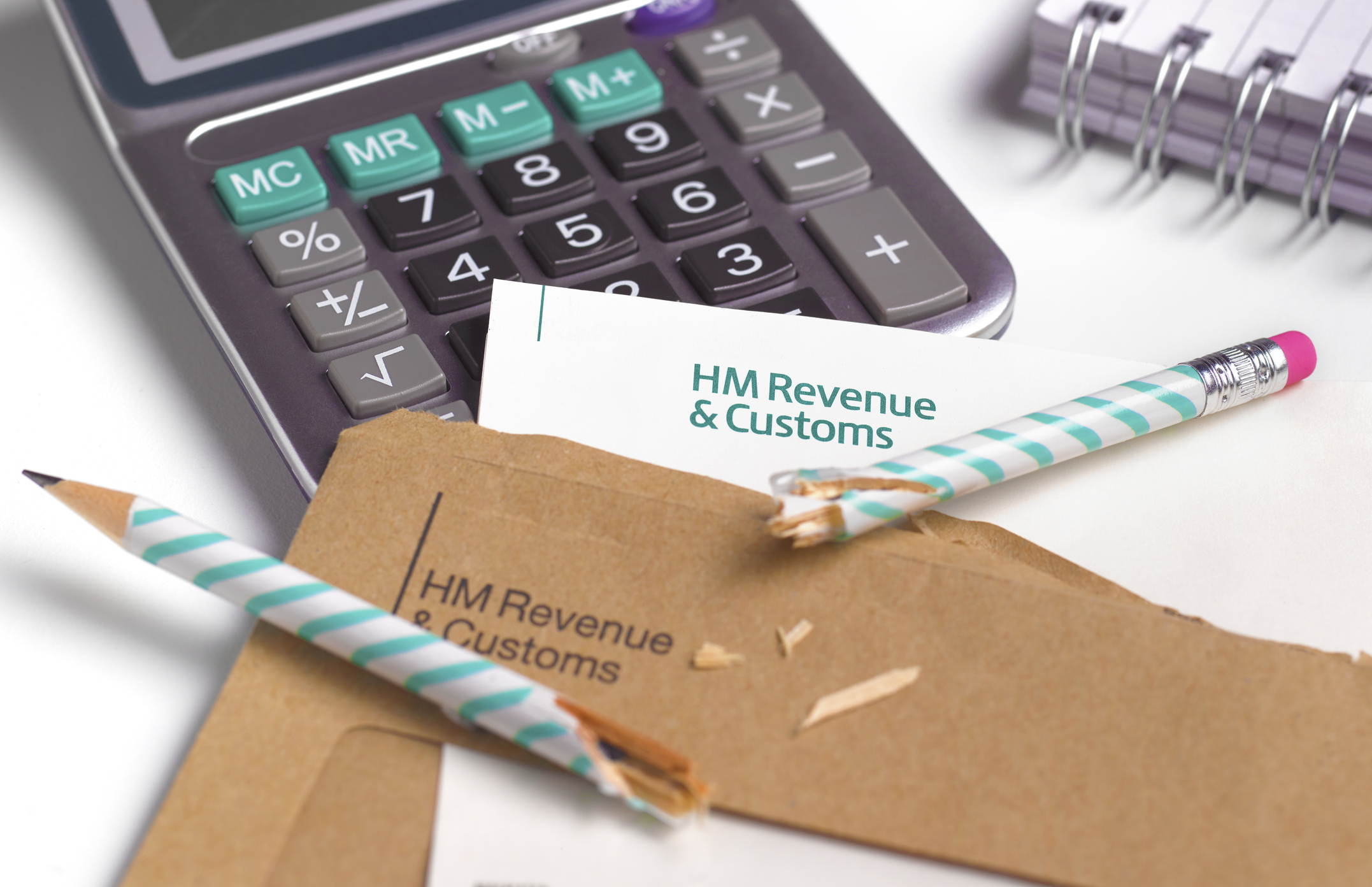 Simple assessment explained as millions brace for unexpected tax bills
Simple assessment explained as millions brace for unexpected tax billsIncreasing numbers of people could get letters from HMRC saying they owe more tax due to frozen thresholds, under a system known as simple assessment. Here is what it means for you.
-
 What are wealth taxes and would they work in Britain?
What are wealth taxes and would they work in Britain?The Treasury is short of cash and mulling over how it can get its hands on more money to plug the gap. Could wealth taxes do the trick?
-
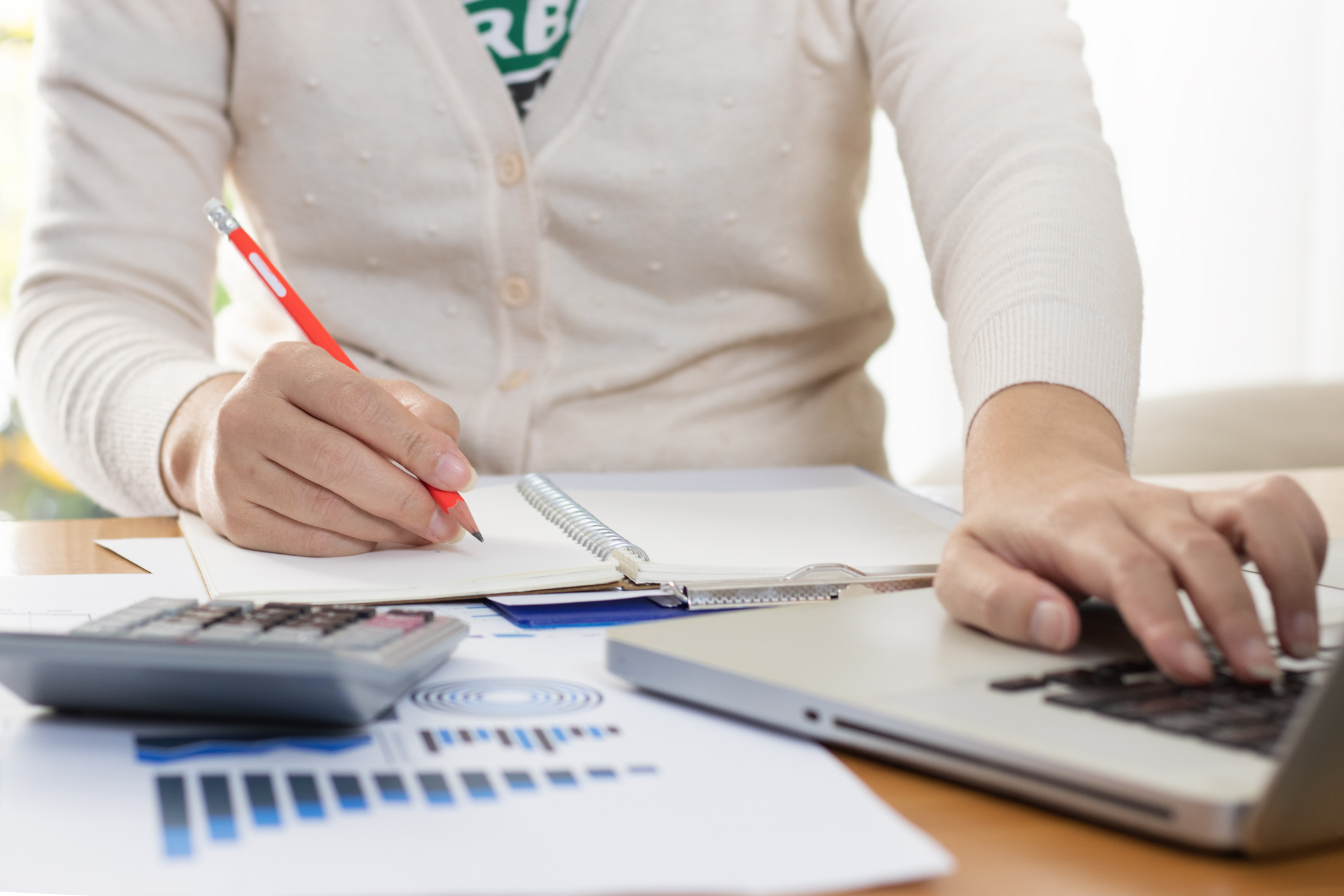 When is the self-assessment tax return deadline?
When is the self-assessment tax return deadline?If you are self-employed, rent out a property or earn income from savings or investments, you may need to complete a self-assessment tax return. We run through the deadlines you need to know about